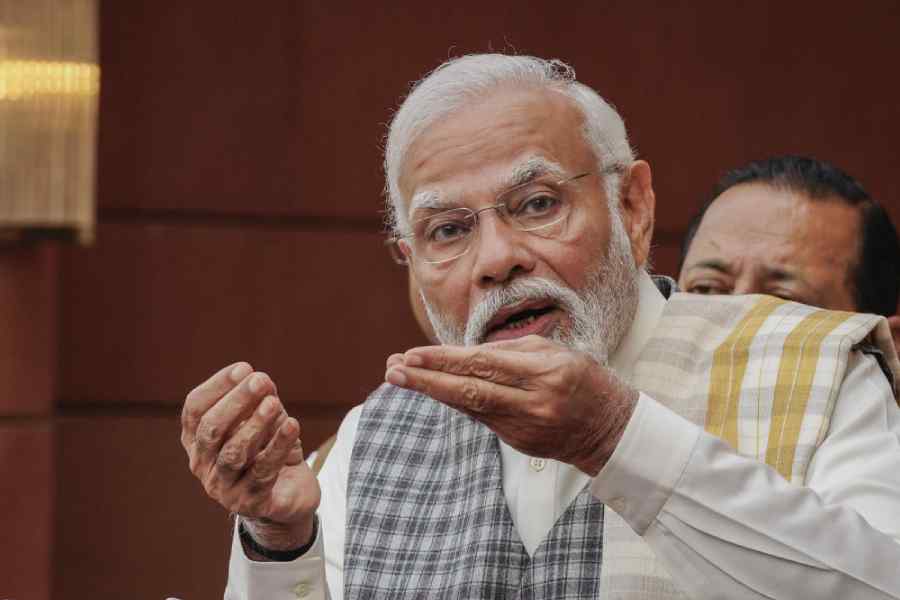In a season during which India has witnessed diplomatic setbacks in its neighbourhood, the results of last week’s primary elections in Bhutan are a reason for New Delhi to smile. The People’s Democratic Party, widely seen as friendly to India, secured more than 42.5% of the vote, compared to the Bhutan Tendrel Party, which came second with 19.5% votes. Five parties participated in the primary. As the top two vote recipients, the PDP and BTP will now contest in a run-off in early January to determine Bhutan’s next government. A PDP government in Bhutan, possibly led by the former prime minister, Tshering Tobgay, will be a cause for relief in New Delhi’s strategic circles. Traditionally, no country has been more aligned with India’s strategic and foreign policy interests than Bhutan. While that pattern has largely continued even with the Himalayan nation’s embrace of democracy since 2008, the relationship has witnessed speed bumps. Most recently, Bhutan and China are believed to have made significant progress in border talks aimed at resolving long-running territorial differences, sparking concerns in India, which has always been wary of Beijing’s intentions and influence in its neighbourhood. Those worries were amplified by the Doklam crisis in 2017 when Chinese troops occupied a plateau controlled and claimed by Bhutan right next to the Indian border.
Mr Tobgay, who was Bhutan’s chief executive between 2013 and 2018, is known to have warm relations with India, a country where he went to high school. His campaign has prioritised a revival of Bhutan’s economy, where soaring inflation and a lack of jobs have led to mass migration, especially to Australia, over the past two years. Bhutan’s heavy economic dependence on India means that the next government will need to double down on ties with New Delhi to deliver on Mr Tobgay’s promises. For New Delhi, such a situation would be reassuring at a time when the Maldives, led by a new China-leaning government, has decided to expel Indian soldiers posted on the archipelago in a show of defiance. China has also increased its investments and influence in Bangladesh and Nepal in recent years although it faces accusations of debt-trap diplomacy. A PDP win in January would give India the opportunity to truly help Bhutan rebuild its economy. It is a chance for India to showcase how its approach to neighbours is different from China’s — one that New Delhi must not miss.










